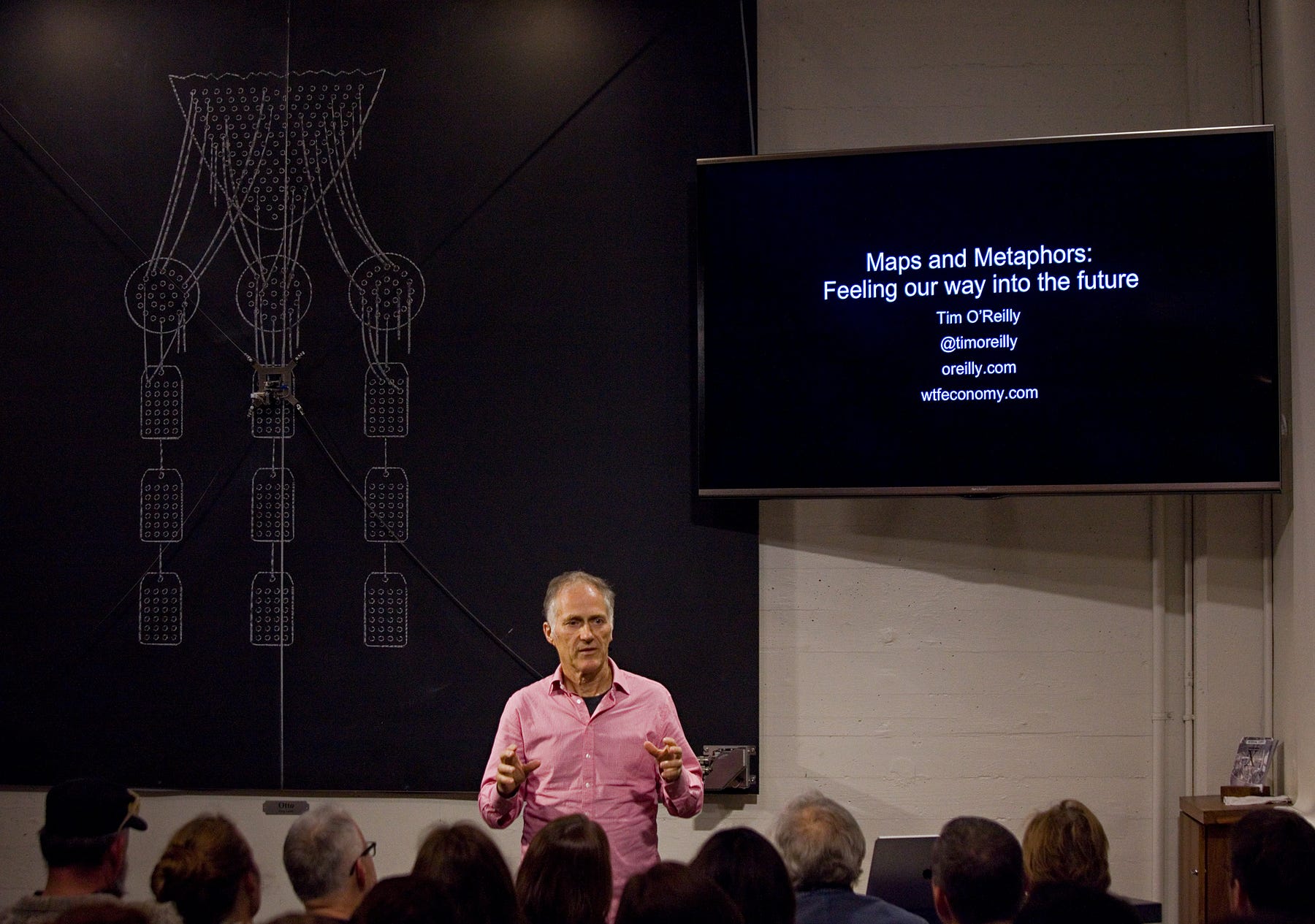
Tim O’Reilly’s Book List for the Manual for Civilization
In 02009 Tim O’Reilly told Forbes magazine how studying Greek and Latin Classics had influenced his business career:
John Cowper Powys noted in The Meaning of Culture, [that] culture (vs. mere education) is how you put what you’ve learned to work in your own life, seeing the world around you more deeply because of the historical, literary, artistic and philosophical resonances that current experiences evoke. Classical stories come often to my mind, and provide guides to action.
That’s a good summary of the goal of our Manual for Civilization project: to identify books that will resonate for those living in the distant future. What information won’t expire in a century? What literature will still speak to our descendants across a millennia? What ideas can carry forward and be useful tools as Plato, Lao Tzu, Homer, continue to have wisdom for us today? What texts will prove essential for upcoming generations, weathering time to become the “new” Classics?
Following his recent talk at The Interval, we asked Tim O’Reilly if he’d be willing to make a list of books he felt could meet those challenging criteria. We’re so grateful that he did, and his full list is below.
Of course, Tim’s expertise doesn’t stop with the ancient world. From the Classics he would move on to the cutting edge. The groundbreaking software and technical manuals his company produced starting in the 01980s would ultimately track the evolution of Free and Open Source software, the rise of the Internet, the Web, and other technological trends that underpin our networked world today.
In 01993 O’Reilly & Associates published The Whole Internet User’s Guide & Catalog, the first popular book about the Internet. It was eventually named one of the most important books of the 20th century.
That book included a chapter on the “World Wide Web” which was less than two years old. “Those who don’t use the Net are increasingly getting the feeling of being left out,” wrote Stewart Brand 25 years ago in hisrecommendation of The Guide.
As the 01990s progressed, the Web became friendlier and more useful; more people were on it and fewer left out. The amateurs building websites became professionals, and a geeky niche became big business. Throughout, O’Reilly books seemed to arrive simultaneously with each new useful tool that extended the Internet’s capabilities. A stack of manuals that kept pace with the stacks of technologies. Putting friendly animal faces on a menagerie of mostly open source tools.
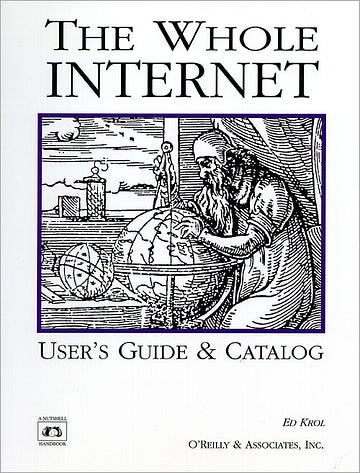
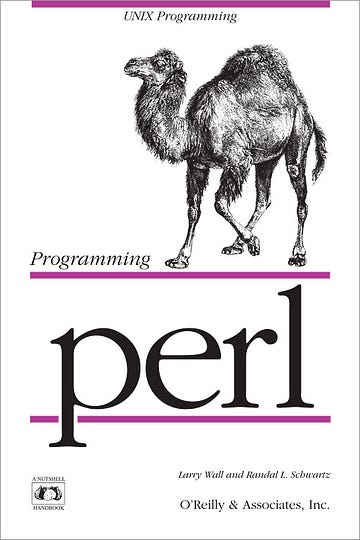
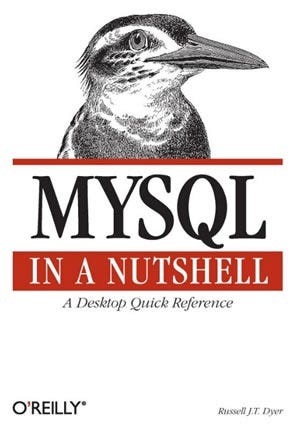
O’Reilly & Associates has become O’Reilly Media, Inc today, which still publishes books, but also runs conferences, an online learning platform, and more. Tim’s insight and advocacy continues to be crucial for technology’s progression: through Web 2.0, Big Data, Internet as a platform, the Maker movement, to the Cloud and beyond.
His latest book is WTF?: What’s the Future and Why It’s Up to Us (02017) which Tim describes as “a memoir, business strategy guide, and call to action.” As a book that encompasses both a history of innovation and thinking about the future, we’ve added a signed copy to The Manual for Civilization.
While he still writes about specific companies and software, Tim’s underlying focus is on larger questions about technology and culture: how does tech impact the future of government and the economy? What elements of this complex system can be modified to lead to better outcomes? Ultimately these are societal equations, but technology can be a lever.
You‘ll find these themes not only in WTF?, but also in Tim’s 02012 Long Now talk Birth of the Global Mind from our Seminar series.
Book list from Tim O’Reilly, recommended on Feb 26, 02018:
“This is far from comprehensive, but here are a few personal favorites.”
Religious / Philosophical Works:
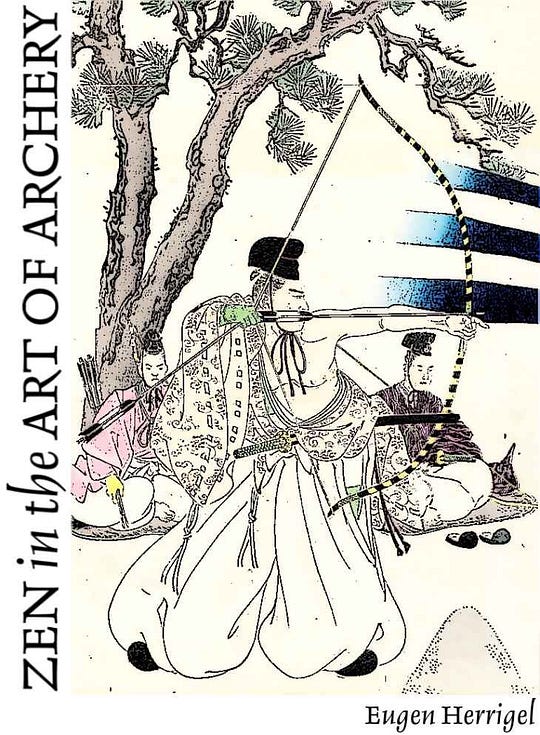
The Way of Life According to Lao Tzu translated by Witter Bynner
The Bhagavad Gita translated by Christopher Isherwood
The Analects of Confuciustranslated by Roger Ames and Henry Rosemont
The Trial and Death of Socratesby Plato (translated by GMA Grube, revised by John Cooper)
Zen in the Art of Archery by Eugene Herrigel
The New Testament (read this answer on Quora about which translation to read)
An Introduction to Realistic Philosophy by John Wild
The Hero With a Thousand Faces by Joseph Campbell
The Masks of God (4 volumes) by Joseph Campbell
Literature:
The Complete Works of William Shakespeare
Chapman’s Homer: The Iliad and The Odyssey translated by George Chapman
Samuel Johnson: Poems and Selected Prose
To The Lighthouse by Virginia Woolf
The Palm at the End of the Mind by Wallace Stevens
The Four Quartets by T.S.Eliot
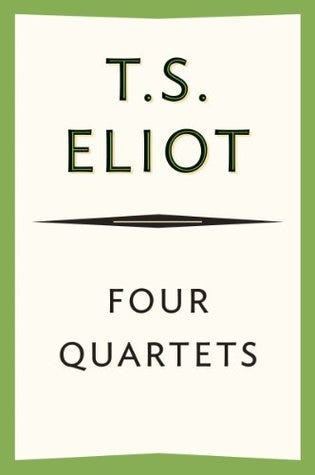
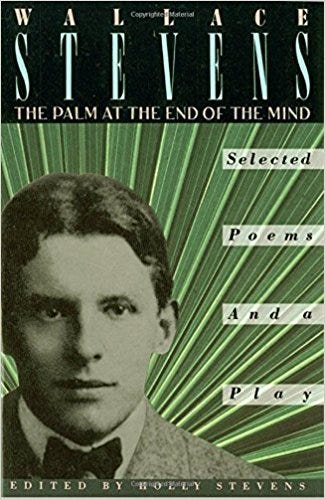
Science, Technology, and Society:
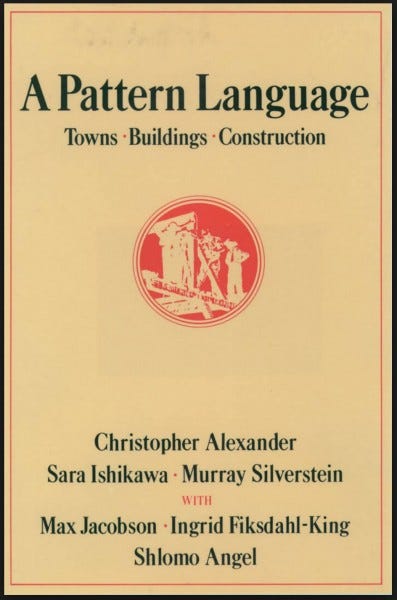
A Pattern Language, Chris Alexander
The Death and Life of Great American Cities, Jane Jacobs
Governing the Commons Elinor Ostrom
The Pleasure of Finding Things Out, Richard Feynman
The Feynman Lectures on Physics, Richard Feynman
Stuff that would be useful if civilization declines:
The Foxfire Books edited by Eliot Wigginton (more info)
The Tracker: The True Story of Tom Brown Jr. by Tom Brown
Putting Food By by Ruth Hertzberg
Luther Burbank: His Methods and Discoveries and Their Practical Application by Luther Burbank
(Burbank was one of North America’s foremost American plant breeders. He experimented with thousands of plant varieties and developed many new ones — more info here)
Plant and mushroom identification manuals for every major geography: Edible Wild Plants: A North American Field Guide and
Edible Wild Mushrooms of North America.
Guide to Identifying Trees and Shrubs by Mark Zampardo (or similar)
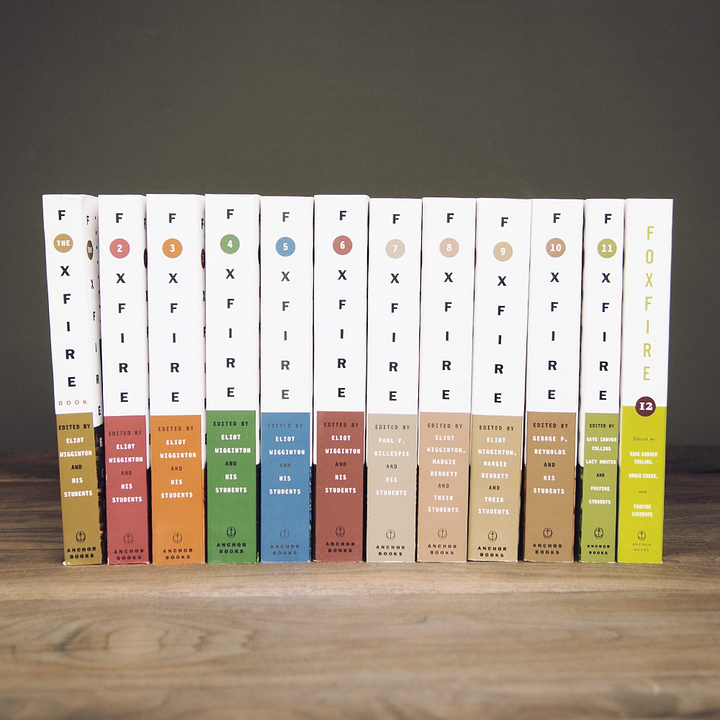
Practical Books for making and fixing things:
From Tim:
You also need engineering, including (bicycles, flight, bridges, and factories), spinning and weaving and the manufacturing technology thereof, metallurgy, materials science, math (including slide rule design and logarithmic tables), chemistry, biology, fundamentals of computer chips (and alternate ways of doing computing without the ability to do a full fab).
We’ve already added books on some of these subjects via Kevin Kelly’s list, George Dyson’s list, and Rick & Megan Prelinger’s list, among others. Tim talks more about books that have influenced him here.
Thanks to Tim for this thoughtful list. We’re excited to share it, and we are acquiring all the books mentioned for the Manual for Civilization library. You can browse what we have so far in person at The Interval, our bar/cafe in San Francisco. Or read more book lists for the Manual from Brian Eno, Stewart Brand, Maria Popova, among others.
What books would you choose to restart civilization?
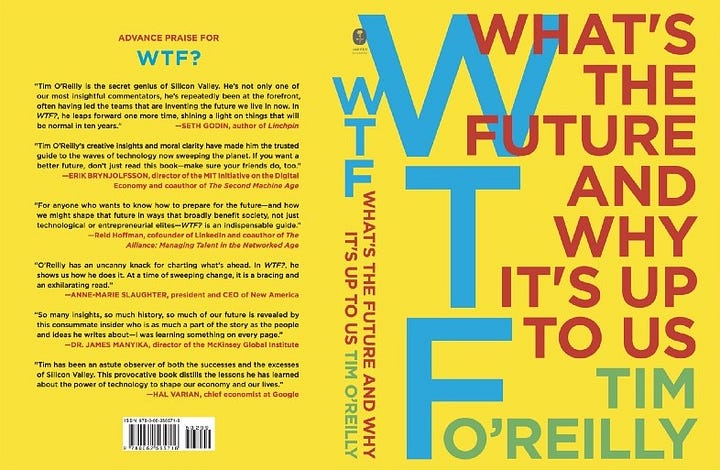

This list is an excerpt of the 3,500 book crowd-curated Manual For Civilization library which we are compiling to back up the essential knowledge of civilization. More than 800 titles are already available online at The Internet Archive.
Join our newsletter for the latest in long-term thinking
Subscribe